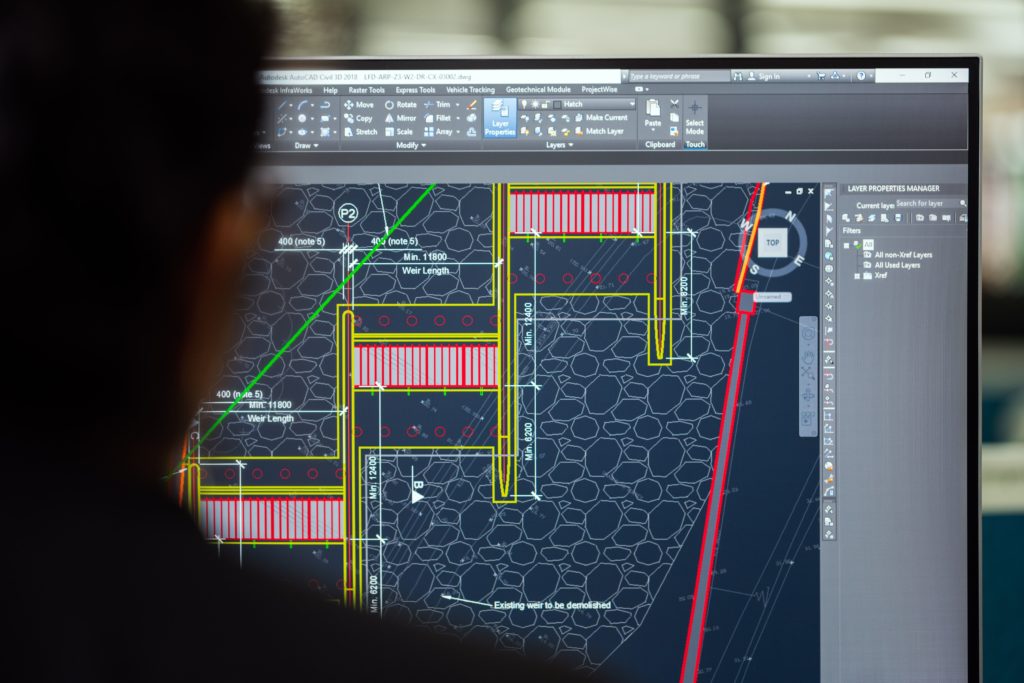ICT development trends are paving the way for new possibilities. It’s fantastic that this forward-thinking industry – information and communications technology (ICT) – is one of Latvia’s fastest-growing. We are not surprised because Latvia outperforms several other countries. It has the world’s 33rd fastest internet speed (Cable, 2021) and ranks third among OECD countries for mobile usage (23 GB) (OECD Broadband Portal, 2021), as well as being one of the first countries to install a 5G network.

Development of the ICT industry
Latvia has a long history of being a research and development center in the ICT industry, which has resulted in them being the leading ICT exporter in the Baltics today. Because the IT industry is integrating with other business disciplines and acting as a catalyst for growth and innovation, computer programming and information services have grown in popularity in recent years. Latvia’s telecommunications firms are working on 5G and other Smart city technologies in collaboration with the IT sector.
Since regaining independence, one of Latvia’s top concerns has been to modernize its outmoded data and voice communications industries. Both telecommunications and high-speed data transmission networks have seen significant investment, and this trend is projected to continue. In this field, American companies have recently had success vying for government contracts, supplying both technology and services.
Internet and electronic commerce
The Internet and electronic commerce are rapidly infiltrating the Latvian market, boosting the demand for ICT products, services, and support. The overall turnover of the ICT sector has reached around $4 billion, and the sector contributes about 4% of total GDP.
As a result, the ICT industries, which include computer services, software, computer hardware and peripherals, and telecommunications services, have played a larger part in Latvia’s economy in recent years. In Latvia’s ICT sector, there are roughly 6,000 businesses.
Software development industry
Computer hardware accounts for a sizable portion of the Latvian ICT sector. Although the local software development business has played a larger role in Latvia’s economy (including exports) in recent years, foreign-sourced software remains essential. The Latvian government is likely to strive to replace its computer hardware and software in the next years, following several years of austerity budgets.
When the market size and sector maturity are considered, practically any computer services domain can provide promising potential. Latvia’s workforce is well-educated, bilingual, and reasonably priced, which has led to opportunities in corporate support centers. The ICT sector’s rapid growth has created opportunities in the fields of data and network security. Participation in Latvian government bids for a wide range of ICT-related services has become easier thanks to e-government initiatives.
Computer parts import
New personal computers with the newest processor versions, small and medium multiprocessor servers, multimedia equipment, LAN accessories, essential computer parts, and Internet protocol-related equipment are the strongest chances for U.S. computer hardware exports to Latvia. Secondhand and overstock personal computers account for a sizable market segment. In Latvia, the primary purchasers of these products are private persons who purchase computers for personal use. According to recent studies, company management software is in high demand among Latvia’s medium and large businesses. As cyber risks and company knowledge of their rise, another potential growth industry in cyber security software.
Network security
The Internet’s ubiquity in Latvia has increased the demand for computer and network security. This industry will expand, especially as online banking becomes more prevalent in the country. Implementation of Internet/intranet systems and networks, education and training, support services, software development, and re-design, enterprise resource planning services, implementation of Internet B2B software, development of payment card systems, adaptation of foreign software, development of electronic communications, and development of call centers are all places where opportunities can be found.
Software and hardware retail
Software and hardware for home and commercial use are available in retail. As the fiscal situation improves, we foresee more government computer hardware and software tender chances. Companies who want to use Latvia as a logistics base for distribution in Northern Europe and adjacent Russia have a lot of options. Computer businesses may explore locating production lines in Latvia due to the relatively inexpensive cost of production and well-educated labor.
The viability of such ideas may be shown in the success of companies like ELKO Grupa (the largest Latvian ICT wholesale company), Hanza Elektronika, and Mikrotik.







